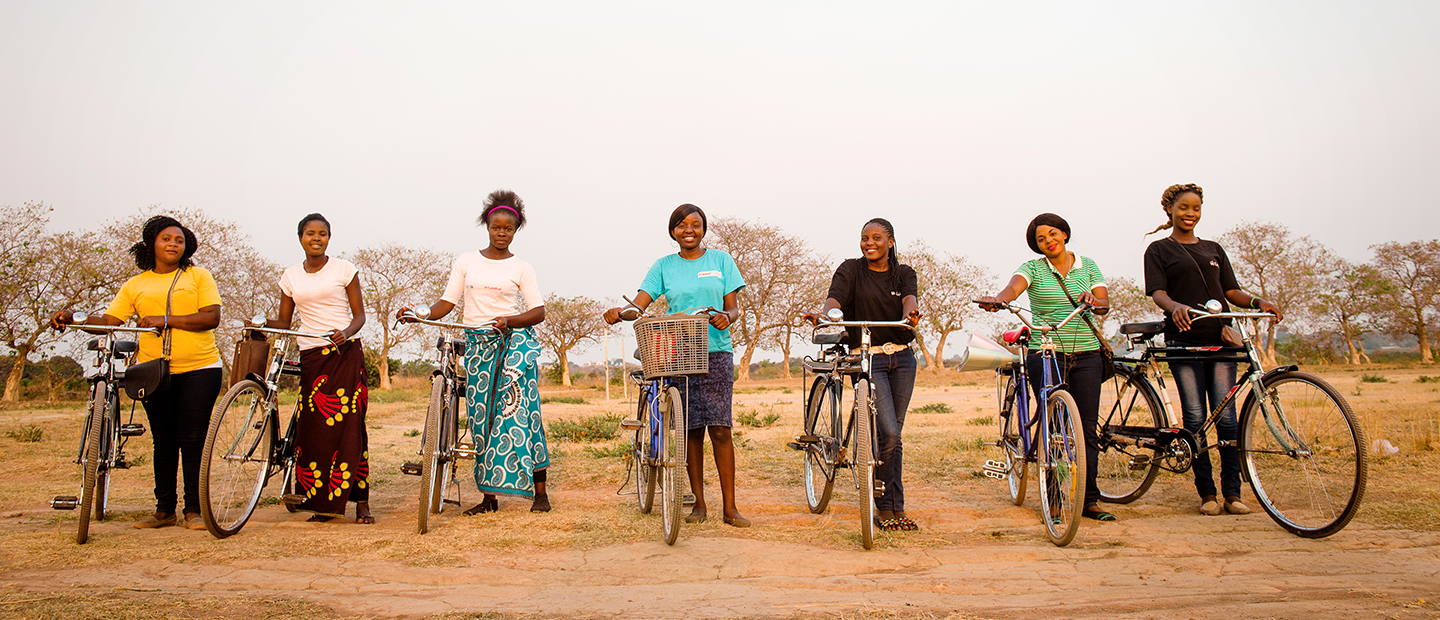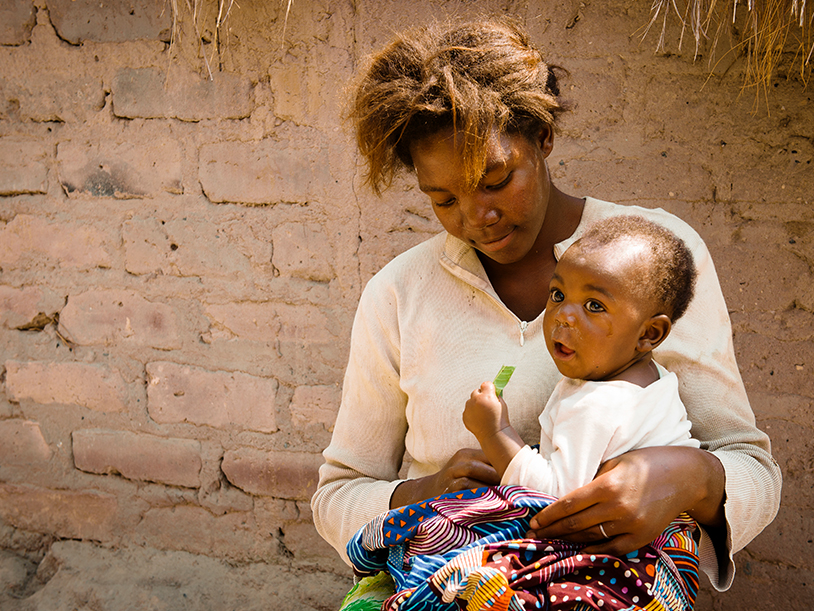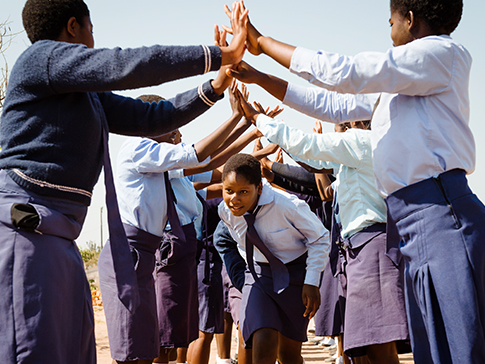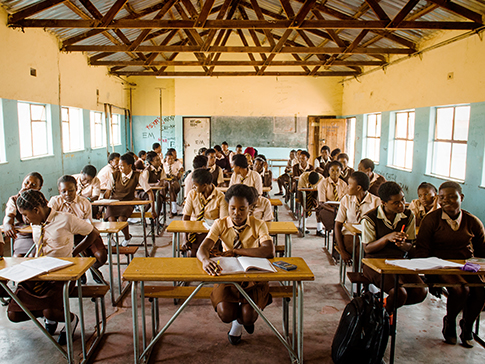
16 Days of Activism: To end GBV we must end child marriage

Come together to end Gender-Based Violence
Throughout the 16 days between the International Day for the Elimination of Violence against Women on the 25th November, and Human Rights Day on the 10th December, thousands of organisations, individuals, and nations are coming together to take action against Gender-Based Violence. CAMFED supports the most marginalized girls in some of the most impoverished and rural communities in sub-Saharan Africa to go to school. Our #UnlockFutures appeal focuses on education as a tool to end child marriage across Africa, a movement that, like the theme of this year’s #16DaysofActivism, aims to leave no one behind.
Child marriage is recognized as a form of gender-based violence by the UN and many governments across the world, and as a violation of human rights.1 It perpetuates other forms of gender-based violence, such as domestic abuse, rape and harmful practices.2 Girls who marry before the age of 18 are more likely to experience physical, sexual, and emotional abuse than those who marry later.3 In Zambia, one of five countries in which CAMFED works, 47 percent of ever-married women age 15-49 report having experienced physical, sexual, and/or emotional violence from their current or most recent husband or partner.4 But this statistic doesn’t take into account girls like Gloria, who entered into marriage and a life of poverty and abuse at the age of 12.

As a child bride, Gloria endured the terror and pain of an unwanted physical relationship. She was only 12 when she was married to a 35 year old man, and became pregnant soon after. (Photo: CAMFED/ Eliza Powell)
Discrimination against women and deep-rooted gender inequality is at the core of violence against women and girls.5 It is this, combined with poverty, social norms, and a lack of access to education that leads so many girls to be married at a tender age. In turn, child marriage traps girls and their families in a cycle of poverty,6 as girls are less likely to be able to stay in school, access employment opportunities, and have control over the size of their families. All forms of violence against women and girls, including child marriage, are preventable.

We believe that girls should be in school, enjoying their freedom to play, learn and develop into empowered young women. (Photo: CAMFED/ Eliza Powell)
As part of our 3-month #UnlockFutures campaign, here is what CAMFED is doing to empower young women and communities to end child marriage:
- Supporting some of the most marginalised girls in Zambia, Zimbabwe, Malawi, Tanzania and Ghana to go to school. When girls are able to stay in school, they are less likely to enter into early marriages, and receive the knowledge, confidence and empowerment they need to stay in school, succeed, and lead.
- Training young women from the CAMFED alumnae network, CAMA, to become activists, mentors and agents of change in their communities. As many of these young women were once destined to be child brides, they understand what it takes to help girls escape this poverty trap. As trained ‘GirlGuardians’, CAMA members identify girls in their communities who are vulnerable to early marriage, and work with families and local authorities to ensure girls receive the support they need to stay in school, succeed and lead.
- ”Pathways”, a short documentary highlighting the power of education to end child marriage, focusing on the true stories of girls and young women in rural Zambia, is available for screening at public events to raise awareness and funds.

With the efforts of supporters, communities and CAMA members, together we can ensure that classrooms always look like this – full of girls ready to learn.(Photo: Eliza Powell/CAMFED)
Be a part of CAMFED’s work to end child marriage – make a donation today
SOURCES:
1. Human Rights and Justice- Girls Not Brides [online]. Available at: https://www.girlsnotbrides.org/themes/human-rights-and-justice/ [Accessed 25/11/2017]
2. Violence Against Girls- Girls Not Brides [online]. Available at: https://www.girlsnotbrides.org/themes/violence-against-girls/ [Accessed 25/11/2017]
3. Child protection from violence, exploitation and abuse – UNICEF.org [online]. Available at: https://www.unicef.org/protection/57929_58008.html [Accessed 25/11/2017]
4. Demographic and Health Survey: Zambia 2013-14 (USAID, UNICEF, UNFPA, CDC) [online] Available at: https://www.dhsprogram.com/pubs/pdf/FR304/FR304.pdf [Accessed 25/11/2017]
5. Child marriage: Overview- UNFPA [online]. Available at: https://www.unfpa.org/child-marriage [Accessed 25/11/2017]
